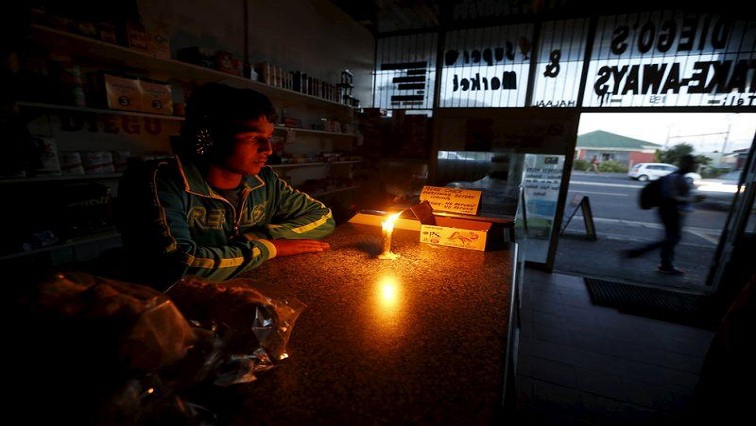Business Unity South Africa has again warned about the dire consequences of load-shedding on the economy.
In a statement, BUSA says the country has continued to experience prolonged bouts of load-shedding for over 13 years, despite additional capacity coming online.
It adds that despite increased maintenance at the power utility, energy availability has worsened, and more unplanned outages have occurred because of ageing and poorly maintained plants.
In a statement, BUSA is rejecting calls made by some unions to have Eskom executives and board members fired.
It says this will create a leadership and governance crisis at the power utility at a time when it is dealing with serious operations problems.
BUSA believes Eskom’s leadership has shown remarkable openness and transparency, critically, developing a progressive future-looking plans.
The business organisation is calling government to procure extra energy capacity to meet demand immediately to the grid.
Meanwhile, the Restaurant Association of South Africa (RASA) says the sector cannot afford ongoing power blackouts at a time when it is desperately trying to revive itself.
The country’s hospitality and restaurant sector faced its worst year in 2020 due to COVID-19 lockdowns and restrictions.
It says it is now being hard hit in the wake of rolling blackouts and has resorted to using gas and other energy alternatives, to keep businesses and kitchens open.
RASA spokesperson Wendy Alberts says many restaurants cannot afford big generators: “This is just another devastating blow to the restaurant industry in South Africa. We have had to deal with COVID for almost two years and now more blackouts are on the rise. Each time load-shedding kicks in we lose capacity time. Generators are very expensive to run. It costs restaurants an average of about R1 000 in fuel and many of their equipment gets damaged by power surges.”


